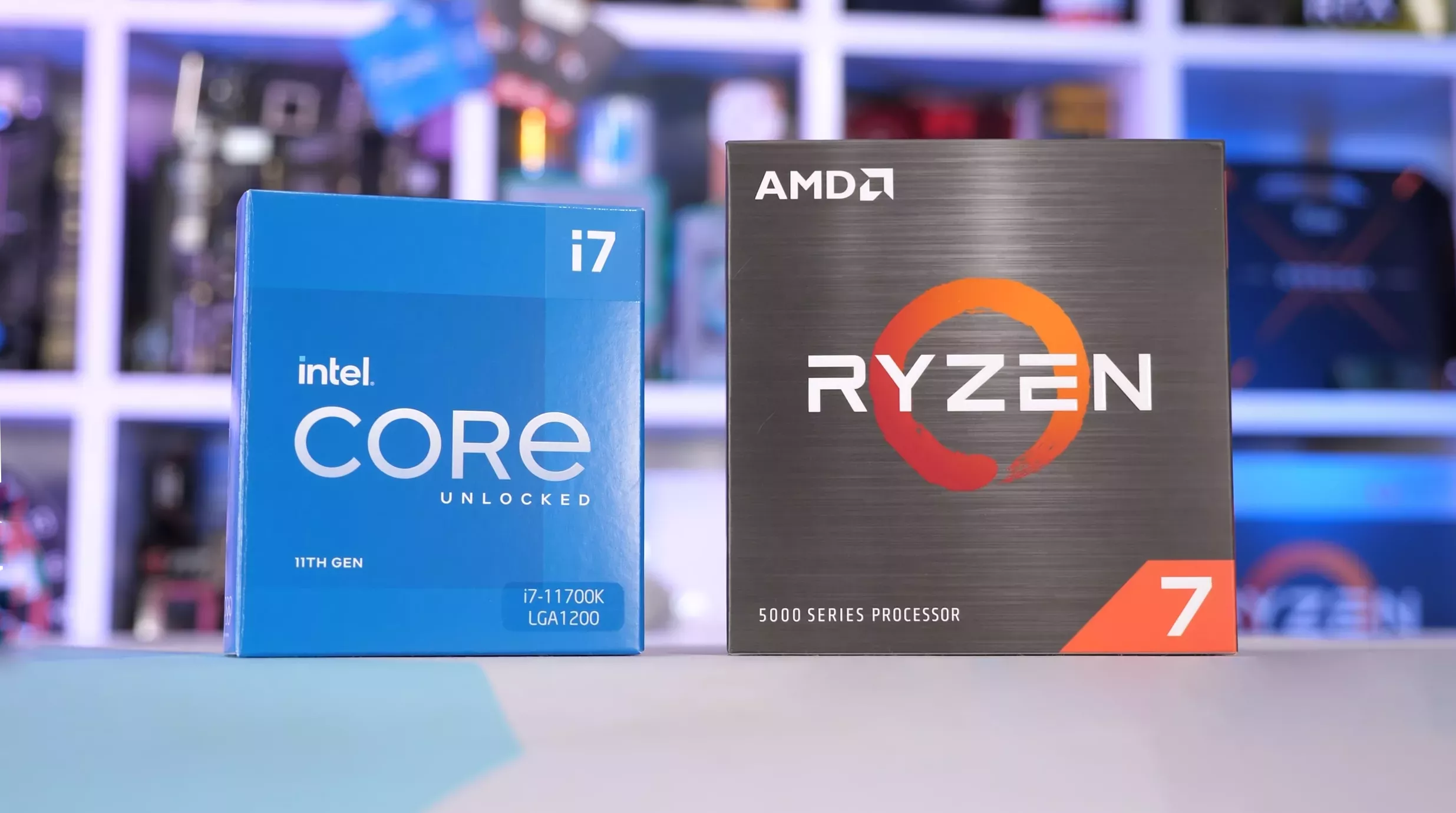I am not an Intel fanboy, or AMD hater, I usually buy whatever is best at the moment. I have been doing computer support for over 30 years, since the 80386 era I started. And always, the motherboard is the one that fails first, in my experience mobos start failing from 3 to a maximun of 6 years, there is always a rare one that lasts up to 10 years. But CPUs never ever stop working.
Having AMD using AM4 socket for so long has been HELL for me, and in fact is what has made me to stay away from Ryzen cpus. problems I have encountered so far:
1.- when you update the agesa, now older cpus dont work anymore... A series AM4, athlons,etc.
2.- buying a new mobo and a new ryzen cpu is total and complete bonkers, because you DONT KNOW if its going to work, unless you have an older a series am4 cpu or a new athlon 200ge to be sure that you CAN update the bios... so you have 150 bucks laying there just to being able to update the bios
3.- PINS on the cpu.. for gods ..... COME ON, worst design ever, intel got rid of them around 2004... a month ago I sold a computer, and yes, it was Ryzen,my client was adamant on getting one, I was afraid something was going to go wrong, as usual, either BIOS update not up to date or a BSOD. so anyway, I plug the new series 5000 and well... doesnt work! so I have to use my athlon 200ge to be able to update the bios and guess what, I cant get the ryzen out of the socket... %$#!&% this is not the first time, PIN design can get a cpu stuck in the socket, same as when you want to change the thermal paste you know, if has happened to you all... the cpu becomes glued to the heatsink and oh boy... BENT PINS.
so anyway I continue with the cpu stuck to the socket, and not being able to update de bios. I pray, try everything I could and nope, I have a ryzen 5000 series STUCK inside a motherboard... so I had to break the socket.. there goes 150 us. on the mobo...
If you bought an amd ryzen in 2017 and upgrade to a new 2022 ryzen.. either your mobo has already started to fail or is about to go boom! so why the bother? you alse need a new motherboard or will need one very soon.
Stuff in the past of amd like no trim support A series fm2 (neither raid trim support), pathetic real use usb 3 transfer rates (tops at 100mb/s goes down most of the time to 30mb/s) . terrible driver support (which IT IS true guys, you know it) and no integrated graphics..
I really thank Amd for creating Ryzen cpus, they made intel wake up and be competitive again, but unless Amd gets some quality sockets, drivers, gets rid of pins, makes their cpus at least being able to BOOT to bios and being able to update de bios, I see no point of it.
I prefer an intel mobo, that I KNOW I buy one of their 12th gen alder lake and it will support my 12th gen cpu, like they always do. Until they did their 9th /10th gen work like ryzen that you have to get some bios update for cpus to work. I prefer having a new socket, that every single cpu will work on that socket, that offers me good driver support for many years.
I am writting this on my everyday computer, an i7 4770. when I buy a new cpu I always buy 2 mobos. my first mobo lasted around 7 years, I am on the second one now. I got driver update on my integrated gpu just a few months ago,yes, a 2014 cpu gets a driver update in 2022) in the meantime if you buy a NEW sochet am4 A series APU, last drivers are over a year old... come on... they still are selling the apu and drivers are outdated... Windows 8.1 is now gone, but amd didnt release drivers for it, and last drivers for 8.1 are from 2015.
I dont see the point in "having the same socket" for so many years when you cant be sure at all that you can update the bios, and that you need an older cpu to being able to.

 www.techspot.com
www.techspot.com